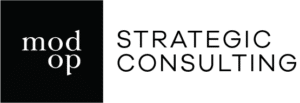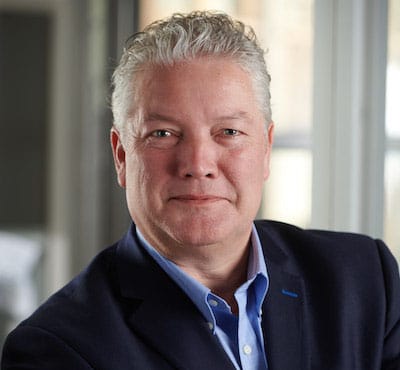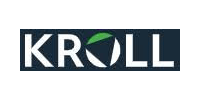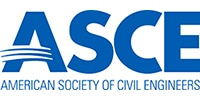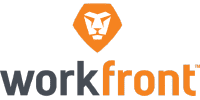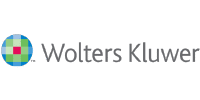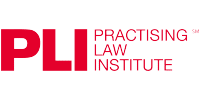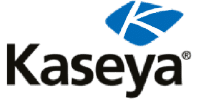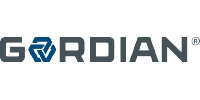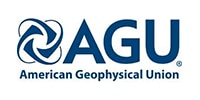We’ve all heard flight attendants say “crosscheck” to each other just before take-off. Pilots and flight crew use that word to indicate that one person has verified the task of another (Are the doors secured? Bins closed?). The same kind of follow-through and accountability is important in organizations. Without it, steps can be missed and the work won’t get done. But how can accountability become part of an organization without chilling individual initiative, duplicating effort or instilling a bureaucratic mentality?
One of our clients recently had issues with accountability across work teams in several departments. Items were falling through the cracks and they were not obtaining optimal results. However, in this client’s culture—which tends toward a go-it-alone, just-get-it-done mentality—a typical process of requiring each person to report his or her own progress would not be effective. We needed to solve it differently.
Doing our homework
We embraced the flight crew’s principle that, when each participant has a stake in confirming the other’s success, it can instill a spirit of collaboration (or peer pressure, depending on how you want to look at it) while ensuring everyone’s bases will be covered.
We started with an actionable “issues to be resolved” list, which prioritized several factors to resolve, such as customer impact, financial impact and complexity. We then set up a collaborative environment in which new issues are added, and staff from across departments can comment on activities and resolution. Issues go into a queue and are tagged with responsible departments or teams. Then, individual staff can pick the issue and start the work. Once resolved, the staff documents it. This process gives all team members visibility into each issue and the work done to resolve it. By sharing the resolutions in regular ceremonies (“crosscheck!”), the team verifies each participant’s outcomes and all appreciate how the solution improves the work going forward.
Peer participation naturally leads to holding team members accountable for their work. It’s not about shaming workers into better performance, but rather to instill a sense of investment and collective responsibility. When employees understand the impact their work has on the complete job, they should feel the importance of their contributions.
Putting it into practice
As an example, let’s say this client has a data issue that is causing customers to complain. In order to rectify this systematically, both the product and the data organizations need to do a few things, and both require technology support. There are at least three, and likely more, people involved in the resolution. How do we create the accountability around each piece?
In our client’s culture, accountability can be achieved through collaborative work in ways that create better results. This less-threatening solution to a #GSD (Get Stuff Done) culture is paramount.
The actionable objectives have been defined, the work teams are being selected, and instead of spending hours a week in team meetings, the collaboration environment enables team-based progress and discussions.
How did we know this would work?
It’s early days, but our client is embracing this concept and hoping to see fewer unforced errors and higher quality. We’re confident it will work because collaboration and shared accountability are core principles of the “agile enterprise.” By adapting some of the core principles typically seen in agile software development methodology, team participants across an organization can take responsibility instead of receiving assignments, and reporting progress as a team allows for heightened accountability and increased quality.
How does your organization’s culture work with accountability?
